Search
Remove Ads
Advertisement
Summary 
Loading AI-generated summary based on World History Encyclopedia articles ...
Search Results
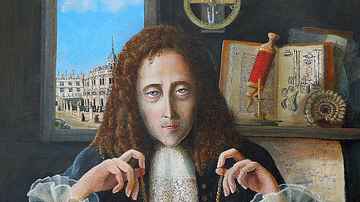
Definition
Robert Hooke
Robert Hooke (1635-1703) was an English scientist, architect, and natural philosopher who became a key figure in the Scientific Revolution. Hooke conducted his scientific experiments outside the auspices of universities, and he was a great...
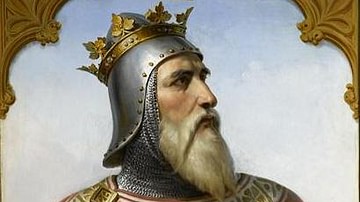
Definition
Robert Guiscard
Robert Guiscard (1015-1085) was a Norman knight best known for conquering much of Southern Italy and Sicily during the 11th century. His many exploits include the expulsion of the Byzantines from Italy, support of a reformist papacy, and...
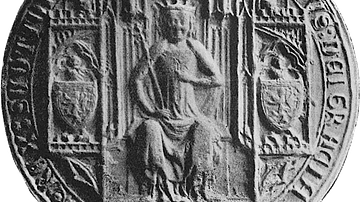
Definition
Robert II of Scotland
Robert II of Scotland ruled as king from 1371 to 1390. Born Robert Stewart, he succeeded the heirless David II of Scotland (r. 1329-1371) and so founded the royal house of Stewart. Dividing Scottish estates between his many offspring, Robert...
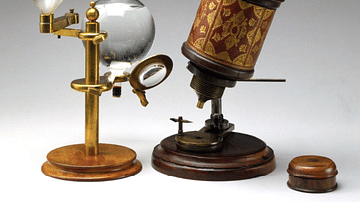
Image
Robert Hooke Microscope
A microscope of the type invented by the English scientist Robert Hooke (1635-1703). Made between 1671 and 1700. The device on the left, designed by Hooke, is a scotoscope which helped better illuminate the specimen under view in the microscope...

Definition
Robert the Bruce
Robert I of Scotland, better known as Robert the Bruce, reigned as King of Scotland from 1306 to 1329 CE. For his role in achieving independence from England, Robert the Bruce has long been regarded as a national hero and one of Scotland's...
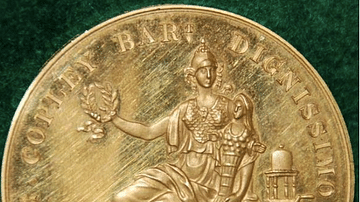
Article
The Foundation of the Royal Society
The Royal Society was founded in 1662 to promote scientific research and increase our knowledge of the natural world. With royal patronage and a stellar membership of great minds, the society quickly gained international recognition for its...

Image
Portrait of Robert Hooke
A posthumous portrait of the celebrated scientist Robert Hooke (1635-1703), a key figure in the Scientific Revolution. Painted by Rita Greer in 2009. (Department of Engineering Science, Oxford University)
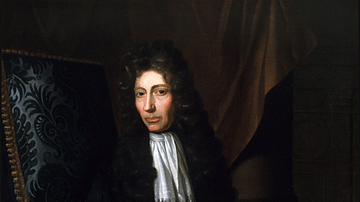
Definition
Robert Boyle
Robert Boyle (1627-1691) was an Anglo-Irish chemist, physicist, and experimental philosopher. Boyle was a prolific author, made significant experiments with air pumps, and presented the first litmus test. A founding member of the Royal Society...
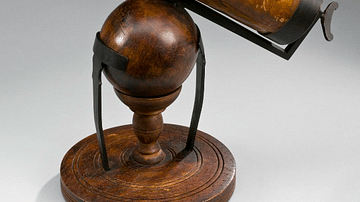
Article
6 Key Instruments of the Scientific Revolution
The Scientific Revolution (1500-1700) was driven by several key inventions, all scientific instruments that became essential to achieving a greater understanding of the world around us. With instruments like the telescope, microscope, thermometer...
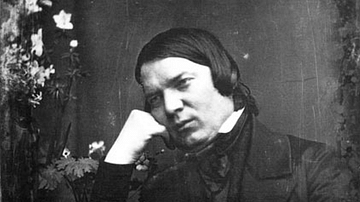
Definition
Robert Schumann
Robert Schumann (1810-1856) was a German composer of Romantic music, particularly piano and orchestral works, as well as over 250 songs or lieder. He was also a musical critic and founded his own magazine. His wife Clara Schumann (1819-1896...